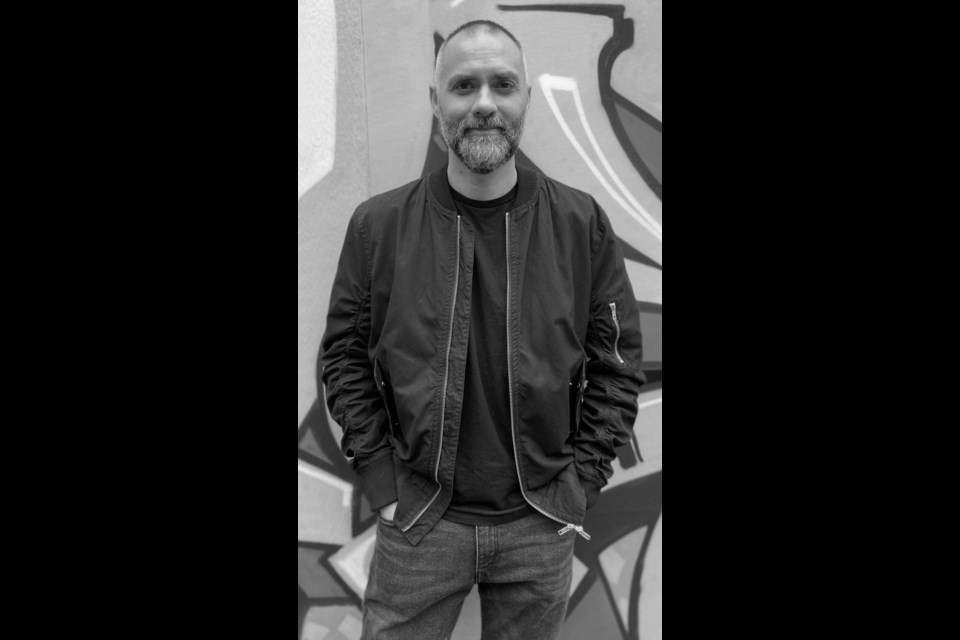Author Benjamin Perrin once subscribed to the “tough on crime” mentality of jailing everyone regardless of their circumstances but changed his mind after learning how harmful that approach is.
Perrin was the lead criminal justice policy advisor to former prime minister Stephen Harper and wholeheartedly backed the latter’s approach to managing crime.
However, Perrin eventually rejected those policies after hearing first-hand about the “heart-rending” effect they had on people. He believed those initiatives were fear-based and reactionary and exacerbated the underlying causes instead of addressing them.
Moreover, he learned that more police officers don’t reduce crime rates, while incarceration ironically contributes to increased reoffending.
Finding freedom and peace in Jesus Christ changed his heart to the point where, as a university professor, he focused his research on people whom society treats poorly and unjustly.
The research results led to his latest book, “Indictment: The Criminal Justice System on Trial,” based on interviews with survivors, offenders, and others on the front lines.
Besides critiquing the justice system, Perrin also proposes a new vision of transformative justice that focuses less on jailing people and more on healing their inner wounds.
The book also suggests that the “tough on crime” approach is really “stupid on crime” since it doesn’t make society safer. Instead, it leads to major fiscal and social costs and disproportionately affects marginalized communities without meeting victims’ needs.
The University of British Columbia law professor spoke about his book and reforming the Canadian justice system during the John Howard Society of Saskatchewan’s provincial conference at the Grant Hall Hotel on Nov. 16.
Reasons for the book
Two situations sparked the book’s creation, he explained.
First, as a professor, he received an eight-page, handwritten letter from an Aboriginal man facing jail time. He didn’t know how to help since he was a full-time teacher, so the letter sat on his desk for a while.
However, one line in the letter haunted him and burned into his brain: “If you want to turn a man into an animal, put him in a cage without the resources to build him back up.”
Second, in 2018, Canada’s then-justice minister, Jody Wilson-Raybould, began national consultations about what people wanted a new criminal justice system to look like if they could create one from scratch.
This question pushed Perrin to write his book, so he began interviewing people connected to the system, including individuals and groups who unexpectedly became involved because the criminal justice system has “spread its slimy tentacles” everywhere.
The professor also spoke with Aboriginal activist and author Harold Johnson, who wrote “Peace and Good Order: The Case for Indigenous Justice in Canada.” The Cree man told him that conferences about the justice system were pointless since there could be no solutions to the problems without Aboriginal people present.
“In over 20 years of working in and around the criminal justice system … I never once heard or saw anyone who had been dragged through the criminal justice system share at those events (I attended),” said Perrin, noting academics are not trained to interview people who have been jailed even though they’re supposedly experts about the subject.
“… I (only) talked to victims (and) I had a very black-and-white view of the world. There’s the good guys and the bad guys.”
While serving under Harper, Perrin believed the justice system was too lenient and required harsher penalties, that it didn’t treat victims and survivors appropriately, and that it was too slow and inefficient. He still believes the second and third dictums but admitted that he was “terribly, terribly wrong” about the first.
Others’ experiences
Each chapter starts with someone’s experience in the criminal justice system, either as a victim/survivor or having been jailed. Perrin also created a 12-part podcast using the interviews he had recorded with the interviewees.
Perrin said he learned more from his interviewees than he did from conducting research during the past 20 years. Furthermore, he no longer judges anyone since everyone is coming from a different place in life.
Meanwhile, the people who responded said they had never told their story to anyone before. Yet, they thought doing so would be worth it if their story could help just one person.
Despite hearing people’s stories, Perrin acknowledged that he still has much to learn. While he knew all the statistics about incarceration rates for First Nations people and read cases from the Supreme Court of Canada, he didn’t really “get it.”
“And until our hearts get soft, our minds will not change,” said Perrin. “So that’s why these stories are so powerful.”
‘Vicarious trauma’
The justice system is designed to threaten and punish people into changing their behaviour, and while the Criminal Code discusses rehabilitation, the system is still punitive, he continued.
Perrin said he heard so many stories of cruelty that he had nightmares — or “vicarious trauma” — and cried after talking with many interviewees. Previously, he had a hard heart since he had prosecuted war crimes in The Hague.
“This detached, cutting off of our soul and our emotional part of ourselves … is one of the reasons there is so much harm,” he said. “So I’ve learned the importance of grieving and hearing these stories and trying to understand and connect with them.”
Asked how their situations could have been handled better, almost all interviewees said they should have been shown compassion and understanding. Moreover, some said they shouldn’t have been forced to testify since it re-traumatized them, while the judges should have relied on their victim impact statement.
The professor added that having a better future vision for Canada’s justice system is important so the country isn’t “stuck in this (harmful) Victorian-(era)-settler-colonial system.”
In response to some providers blocking access to Canadian news on their platforms, our website, MooseJawToday.com will continue to be your source for hyper-local Moose Jaw news. Bookmark MooseJawToday.com and sign up for our free online newsletter to read the latest local developments.




